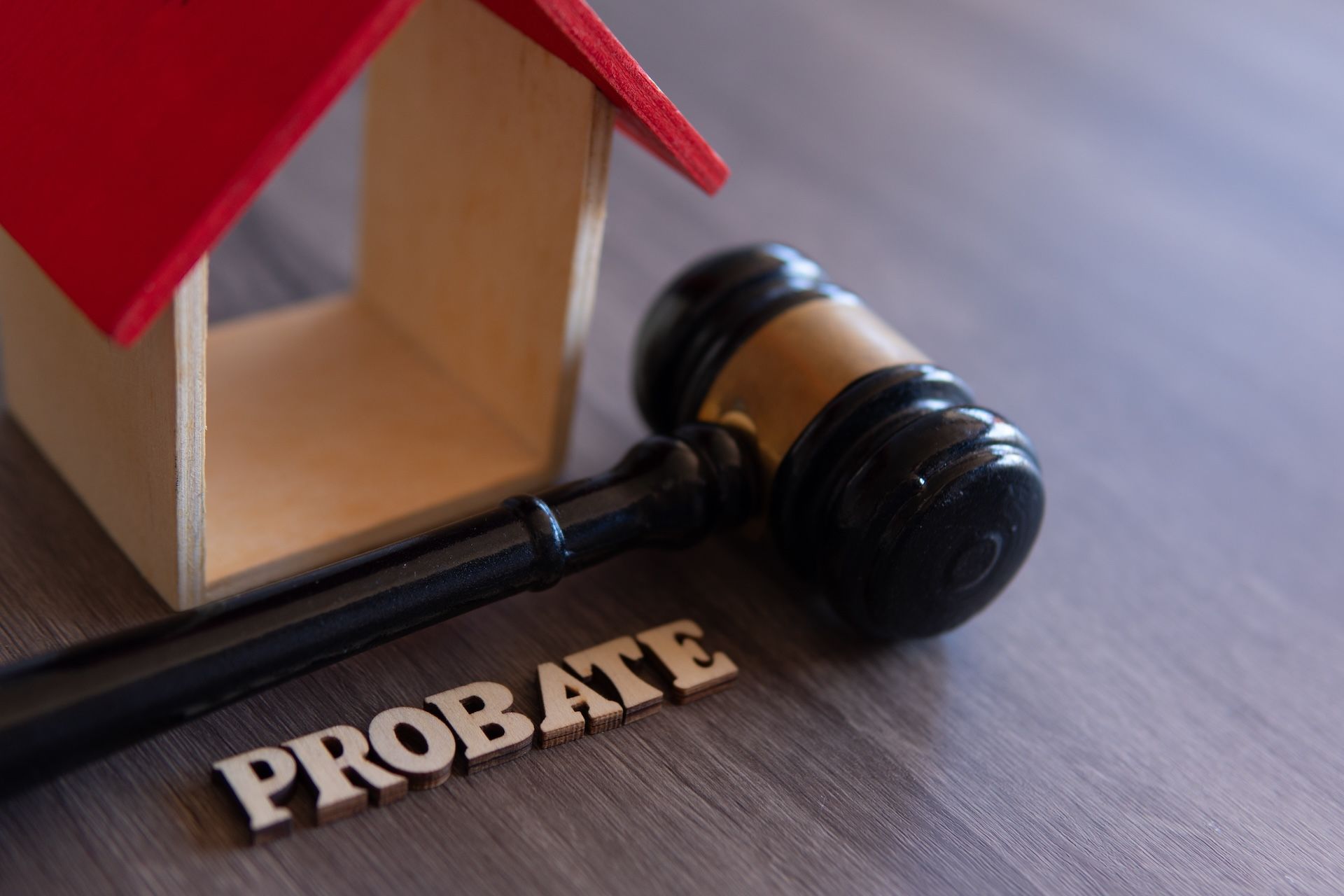When Is Durable Power of Attorney Effective in Florida?

A Durable Power of Attorney, known as a DPOA, is an essential legal instrument that authorizes an individual to make decisions on behalf of another person regarding financial and legal affairs.
The person granting the power (the principal) and the person receiving it (the agent) must understand when a DPOA becomes operational in Florida. This article will explore the specifics of when a DPOA takes effect, its significance, and essential considerations for residents of Florida.
Definition of a Durable Power of Attorney
A
Durable Power of Attorney is a document that empowers the principal to designate an agent to oversee their legal and property matters. The term "durable" indicates that the authority granted to the agent persists even if the principal becomes incapacitated.
Significance of a Durable Power of Attorney
- Continuity in Financial Management: A DPOA ensures the handling of legal affairs without any disruption, particularly if the principal cannot manage these responsibilities.
- Prevention of Guardianship Proceedings: A DPOA in place often eliminates the need for court-appointed guardianship procedures, which can be time-consuming and expensive.
- Autonomy: The principal can outline the authority given to the agent in a Durable Power of Attorney (DPOA), customizing it to meet their requirements and situations.
- Peace of Mind: Possessing a DPOA offers peace of mind as it ensures that a trusted individual will handle matters if the principal cannot do so.
When Does a Durable Power of Attorney Take Effect in Florida?
1. Immediate Effectiveness
In Florida, a DPOA typically takes effect upon being signed unless specified otherwise in the document. This means that once the principal signs the DPOA, the agent can act on their behalf without any requirements.
2. Springing Power of Attorney
Previously, a "springing"
power of attorney only became effective upon the principal's incapacity. However, since October 1, 2011, Florida law no longer allows new springing POAs to be created. Existing springing POAs executed before this date are still valid, but new ones cannot be created under current law.
3. Conditions Stated in the Document
While immediate effectiveness is the default, the principal can include specific conditions or restrictions in the DPOA. These conditions may limit the agent's authority based on situations or timeframes. It is crucial to define any conditions to ensure that the DPOA functions as intended.
Essential Factors to Keep in Mind When Establishing a Power of Attorney that Lasts in Florida
1. Selecting the Right Representative
It is crucial to choose a competent representative. The chosen individual should understand the principal's intentions and be committed to acting in their best interests. This person could be a family member, friend, or even a professional like a lawyer.
2. Setting Boundaries on Authority
The principal has the option to give the agent limited powers. It is essential to consider which powers to delegate and provide details in the document to prevent any confusion. Typical powers include managing finances, paying bills, handling property transactions, and making investment choices.
3. Meeting Legal Criteria
For a Power of Attorney document to be valid in Florida, the principal must be mentally sound when signing it before two witnesses and a notary public. The notary cannot act as one of the witnesses. Neither witness should have any ties with either the principal or agent.
4. Cancellation Process
The principal retains the right to revoke a Power of Attorney if they're mentally capable. The revocation should be written and shared with the agent and any parties relying on the document. Recording the revocation for awareness is advisable if the initial Power of Attorney was registered publicly.
5. Keeping Records
It's an idea to securely store the Durable Power of Attorney (DPOA) document and share copies with the appointed agent, financial institutions, and other relevant parties. Registering the DPOA with the county recorder's office locally can also be beneficial, especially if the agent will be involved in real estate transactions.
6. Special Considerations for Married Couples
It's common for couples to designate each other as agents. While this is practical, planning for scenarios where both spouses cannot make decisions is crucial. Naming an agent or co-agent can add a layer of protection.
Practical Steps for Implementing a Durable Power of Attorney
- Seek Legal Advice: Collaborating with an estate planning attorney ensures that the DPOA is appropriately drafted and complies with Florida laws.
- Open Communication with the Agent: Discuss your chosen agent's responsibilities and expectations to confirm their willingness and readiness to act when needed.
- Regular Review and Updates: Periodically review the DPOA to ensure it accurately reflects the principal's wishes and current situation. Make revisions to accommodate any changes in life circumstances or financial matters.
- Inform Family Members: Sharing information about the DPOA with family members can prevent misunderstandings and disputes. Transparency about the principal's intentions and the agent's role is critical.
Conclusion
In conclusion, it's important to note that a Durable Power of Attorney plays a crucial role in a comprehensive estate plan. In Florida, it's crucial to understand the conditions under which a DPOA takes effect and the legal procedures involved in its execution and maintenance.
By choosing the right agent, defining the scope of authority, and adhering to legal requirements, Florida residents can ensure their financial and legal affairs are managed smoothly, even in times of incapacity.
Here at
Jostock & Jostock, we are committed to assisting you in navigating the complexities of estate planning. Contact us today for information on Durable Power of Attorney and how it can positively impact you and your family.
Disclaimer: The information on this website and blog is for general informational purposes only and is not professional advice. We make no guarantees of accuracy or completeness. We disclaim all liability for errors, omissions, or reliance on this content. Always consult a qualified professional for specific guidance.








